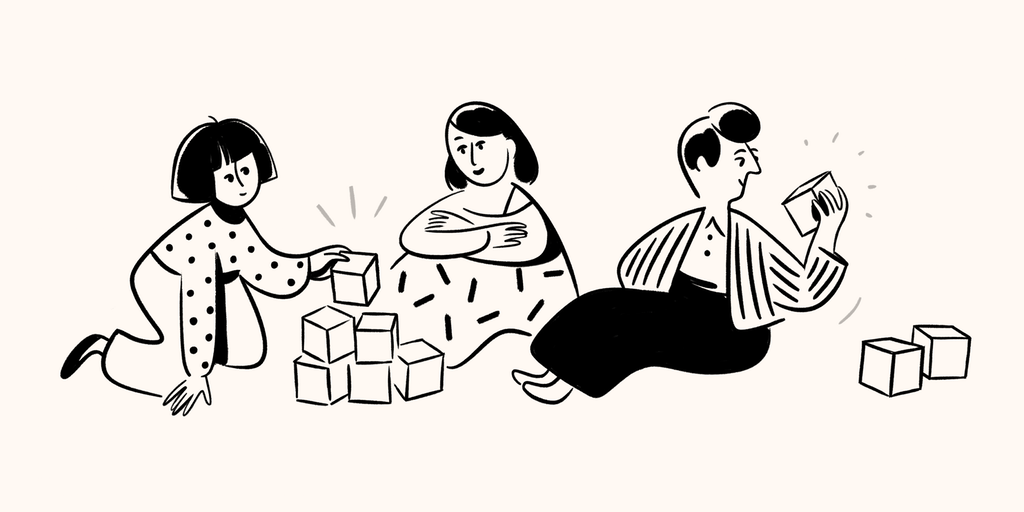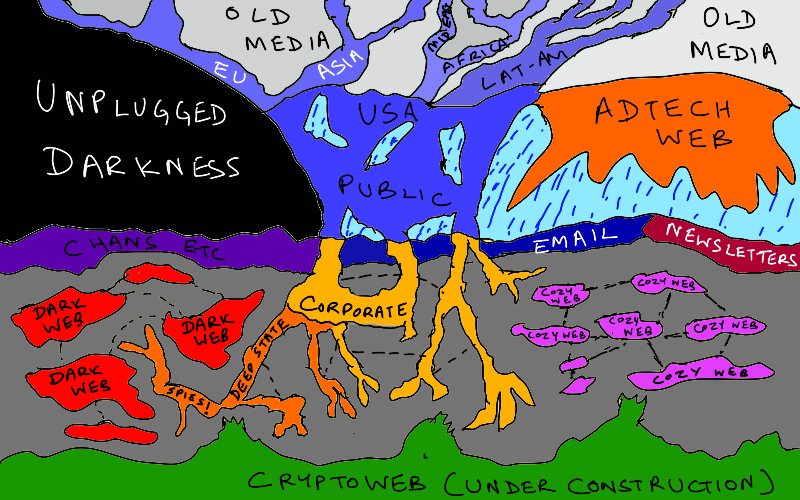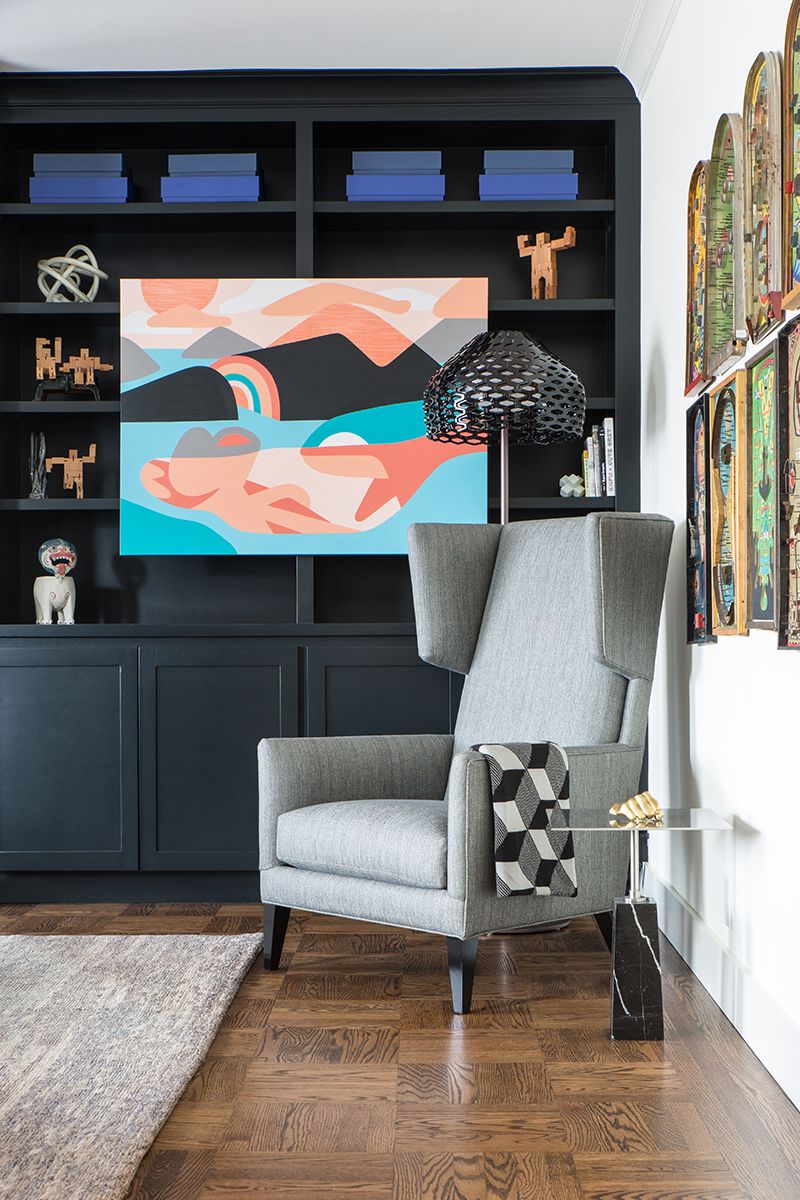Notion is the living room of the "cozyweb"
Make yourself comfortable

From culture wars to endless surveillance, the public internet has become an exhausting place to spend time. Lately, people are taking notice and retreating from the public web into the dark forests of the internet.
These are all spaces where depressurized conversation is possible because of their non-indexed, non-optimized, and non-gamified environments.
In Venkatesh Rao refers to this space as the "cozyweb."

Unlike the main public internet, which runs on the (human) protocol of “users” clicking on links on public pages/apps maintained by “publishers”, the cozyweb works on the (human) protocol of everybody cutting-and-pasting bits of text, images, URLs, and screenshots across live streams. Much of this content is poorly addressable, poorly searchable, and very vulnerable to bitrot. It lives in a high-gatekeeping slum-like space comprising slacks, messaging apps, private groups, storage services like dropbox, and of course, email.
Recently, I've found myself spending more time in these dimly lit cyberspaces. I moved my writing from Medium to this website, started a newsletter, and have been slowly weaning myself off social networks like Facebook and Instagram. Of all the new places where I've been spending time, there's one that epitomizes the promise of the "cozyweb" more than any other. It's a tool called Notion. I use it as my online living room.
The Living Room
In the real world, the living room is where I write, read, check email, play board games, watch movies, and a dozen other things. To keep me coming back the space needs to be functional, with comfortable seating, good light, and a reasonable temperature. But that doesn't mean it's exclusively furnished with practical objects.

To make it a desirable place to spend time a living room has to be aesthetically pleasing. That's why ours is peppered with throw pillows, coffee-table books, and art. These things make the space inviting for us as well as any guests we have over.
My Notion workspace has a similar setup. Each page must have a practical purpose, or else I wouldn't spend time there. That said, I spend about as much time selecting icons and cover art as I do setting up the functionality. These artistic flourishes are what make the space inviting for me as well as anyone I invite to take a look.
I'm not the only one. Just watch this video made by a speaker at at a recent Notion community meetup I attended (yes, I'm that big of a nerd):
Is this how people typically share software? To me it looks more like how people share their homes.
I've found Notion to be welcome respite from the public square of Twitter or even the water-cooler of Slack. While I used to plan trips on Pinterest, I now find myself saving inspirational images to Notion. Instead of relying on Facebook or Linkedin to catalog my connections, I've been building my own relationship tracker in Notion.
Like the living room, Notion appeals to both the introverted and extroverted sides of my personality. It's a place where I can create and test things out in private. Then, when I'm craving some external validation, I can show off a part of my workspace to as many or as few people as I want. It's a place where I can think out loud without worrying about the judgement of strangers or the tracking of ad targeting tools.
If you're looking for a cozy room in the web to call your own, I'd recommend you drop by.
